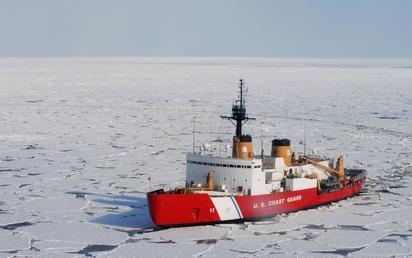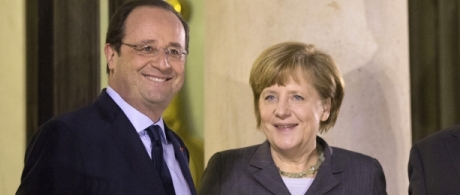Οι Ηνωμένες Πολιτείες χρειάζονται περισσότερα παγοθραυστικά. Η χώρα έχει ένα αυξανόμενο εθνικό συμφέρον [1] στην Αρκτική, και οι σχέσεις της με την Ρωσία, μια κυρίαρχη δύναμη στην περιοχή, είναι όλο και πιο ψυχρές. Ωστόσο, η Ουάσιγκτον είναι θλιβερά ανέτοιμη για την πρόκληση της Αρκτικής όσον αφορά σε ένα κρίσιμο εργαλείο: Τα ισχυρά πυρηνοκίνητα πλοία που θα στηρίξουν τους οικονομικούς της στόχους και τους στόχους για την ασφάλειά της στο βόρειο άκρο.

Το αμερικανικό παγοθραυστικό Polar Sea στην διάρκεια ερευνητικής αποστολής στην Αρκτική, το 2009. (U.S. Coast Guard)
Λόγω της υποχώρησης των πολικών πάγων, η Αρκτική γίνεται όλο και πιο προσιτή για εξερεύνηση και διέλευση. Για τις Ηνωμένες Πολιτείες και άλλα έθνη τής Αρκτικής, η εξέλιξη αυτή προσφέρει σημαντικές νέες ευκαιρίες, από τις προηγουμένως μη διαθέσιμες ναυτιλιακές διαδρομές μέχρι τους ως τώρα ανεκμετάλλευτους φυσικούς πόρους. Επίσης, έρχεται με νέους κινδύνους -είναι μια καινούργια αρένα για πιθανό γεωπολιτικό ανταγωνισμό- και πρόσθετες ευθύνες: Την διαχείριση του απομακρυσμένου, αλλά όλο και πιο πολυάνθρωπου χώρου.
